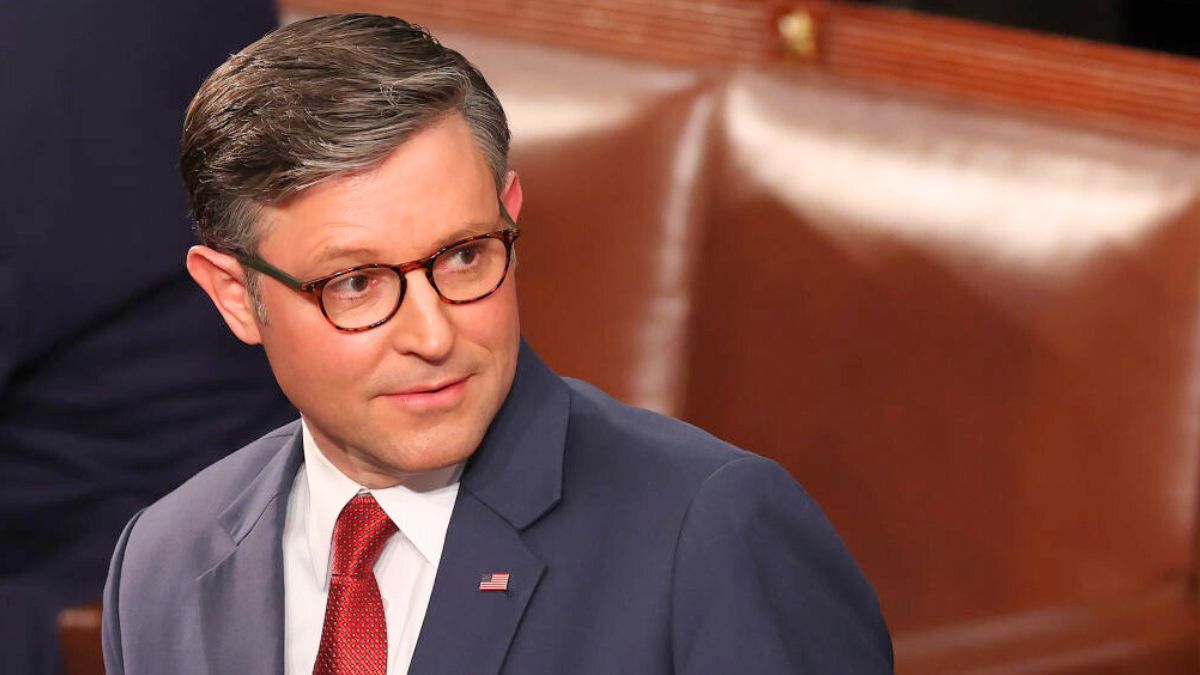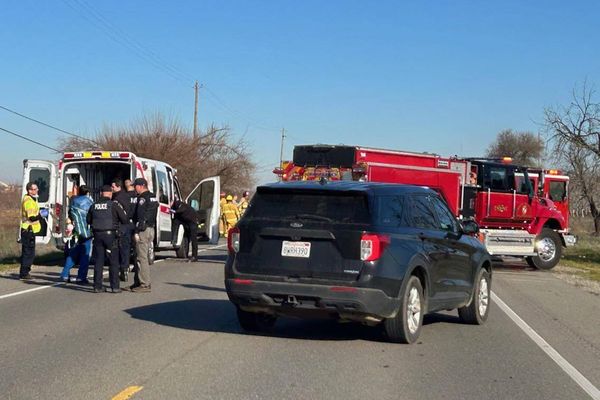
In a moment that perfectly encapsulates the Republican Party’s shifting priorities—and its growing indifference toward struggling Americans—House Speaker Mike Johnson (R-La.) made no effort to hide his disdain for millions of Medicaid recipients during a Sunday appearance on CNN.
When pressed about the GOP-led bill that could strip health insurance from nearly 8 million Americans over the next decade, Johnson doubled down, labeling some Medicaid recipients as “fraudulent,” “able-bodied,” and “choosing not to work.”
Johnson didn’t hedge or soften the blow; he all but admitted that this legislation is designed to kick people off the program in “every district” in America—including his own. For a sitting House Speaker to openly champion a policy that will likely harm his constituents and then justify it as a crackdown on “cheaters” is a bold political move.
MIKE JOHNSON: We are not cutting Medicaid in this package
— Aaron Rupar (@atrupar) May 25, 2025
TAPPER: 1.4 million people in your home state of Louisiana are on Medicaid. Is it your contention that if any of those Louisianans lose their benefits, it's because they shouldn't have been receiving them?
JOHNSON: Yeah.… pic.twitter.com/GhmdcU4QWW
At the heart of this debate is the Republicans’ sweeping domestic policy bill, which narrowly passed the House after an all-night session. The legislation introduces new eligibility requirements for Medicaid, targeting childless adults aged 19 to 64. Under the proposed law, these individuals must work, attend school, or volunteer for at least 80 hours a month to remain eligible for Medicaid.
GOP frames these work requirements as a way to “protect” Medicaid for those who truly need it. But the Congressional Budget Office (CBO) has a different take. Their analysis shows that the bill would lead to nearly 8 million people losing coverage over the next 10 years. The biggest cuts would fall on childless adults, a group the GOP has repeatedly characterized as “able-bodied” and, according to Johnson, undeserving of public assistance unless they meet rigid new requirements.
Johnson, unfazed by the CBO’s projection, defended the legislation with an air of moral superiority. “This is not some huge demand,” he said during the interview, framing the work requirements as a reasonable ask of anyone “on the public wagon.” The language is telling. By using phrases like “public wagon,” Johnson paints Medicaid recipients as freeloaders—people exploiting the system instead of contributing to it. His rhetoric is not only dismissive but also deeply misleading.
The very group Johnson claims is “cheating the system” often works low-wage jobs that don’t provide health insurance. These individuals are fry cooks, janitors, home health aides, and grocery store clerks—people whose labor keeps the economy running but whose paychecks don’t cover basic needs like healthcare. The notion that Medicaid is some sort of free ride for the lazy is not grounded in reality. Instead, it’s a convenient political scapegoat, one that allows lawmakers like Johnson to justify stripping benefits from the poor while claiming to champion fiscal responsibility.







